College of Accounting Sciences
Zero-tolerance approach towards plagiarism or cheating in the College of Accounting Sciences
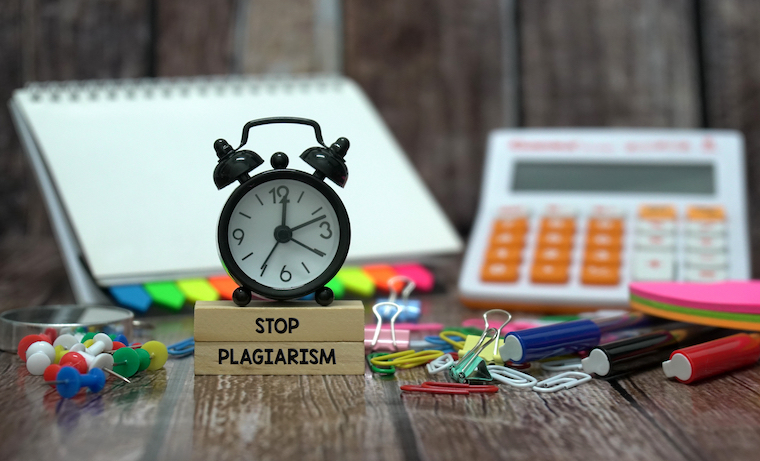
Zero tolerance for any form of dishonesty or cheating activity related to assignments and exams.
Unisa has embarked on several information campaigns to ensure that all students know what plagiarism/cheating is and how they can avoid becoming party to plagiaristic actions. Plagiarism/cheating is the act of taking someone else's thoughts, ideas or writings and passing them off as your own. It is a serious academic offence that can result in a student being expelled. Such students are then often also barred from enrolling at other universities and academic institutions.
Implication of plagiarism/cheating for Accounting Sciences students
In the past few semesters, CAS noted with grave concern the sudden rise in the number of plagiarism/cheating cases in the College. The College strongly warns students to stay clear of plagiaristic activities. Accounting students should approach their studies in an ethical manner as they will soon be dealing with issues of ethics in their profession. In addition, once Accounting students have completed their studies, they will become accountable to registered professional bodies that will monitor their ethical conduct. It is therefore imperative for accounting students to adopt ethical behaviour that is always above reproach. Should students be found guilty of plagiarism/cheating, they may be expelled from the institution and their studies will be halted with immediate effect. In addition, details of their case will be communicated to the various professional bodies, which may have far-reaching implications for their career.
According to the Unisa Policy for Copyright Infringement and Plagiarism/cheating, dishonest practices may also amount to criminal offences such as fraud, theft and criminal copyright liability. Such dishonest practices include the following:
- copying information from another person (e.g. another student’s assignment or portfolio) and submitting identical work where such work is not the result of teamwork and indicated as such by all participants
- buying an essay from a ghost-writing service and pretending that it is your own work
- asking someone else to do an assignment/test/exams on your behalf.
There are many online tools that you can use to check your work for plagiarism/cheating. It is always a good idea to submit this check along with your assignment.
The university appeals to students with any information on dishonest or fraudulent activity related to Unisa exams to report it to the Fraud/Corruption Hotline on telephone number 0800 005 311.
Please read the University’s Policy on Copyright Infringement and Plagiarism and the Student Disciplinary Code, which are both available on myUnisa: www.unisa.ac.za/unisarules
Students are advised to look out for various educational posters on the Dos and Don’ts of plagiarism/cheating.
Publish date: 2021-07-01 00:00:00.0


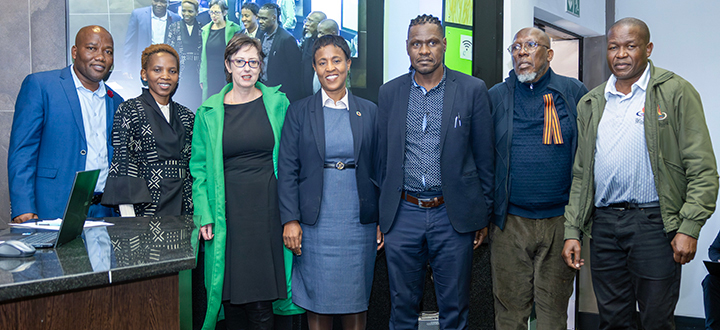 Steering the G20 in uncertain times: South Africa's leadership, global governance and local priorities
Steering the G20 in uncertain times: South Africa's leadership, global governance and local priorities
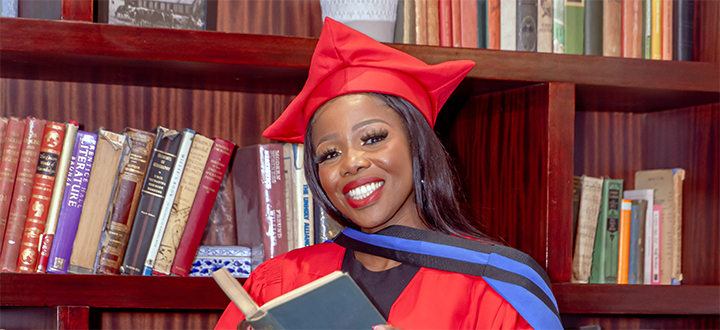 Unisa PhD graduate earns spot at prestigious Lindau Nobel Laureate Meeting
Unisa PhD graduate earns spot at prestigious Lindau Nobel Laureate Meeting
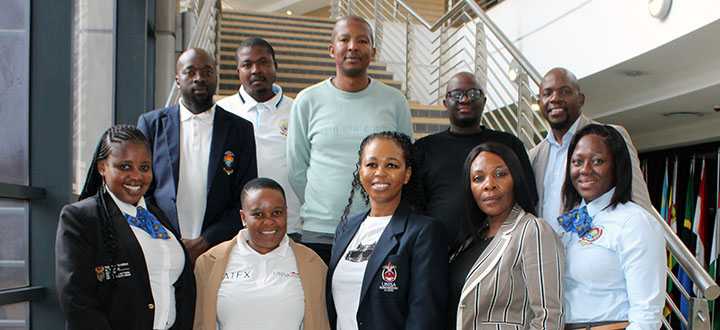 TVET college visits Unisa for alumni engagement benchmarking
TVET college visits Unisa for alumni engagement benchmarking
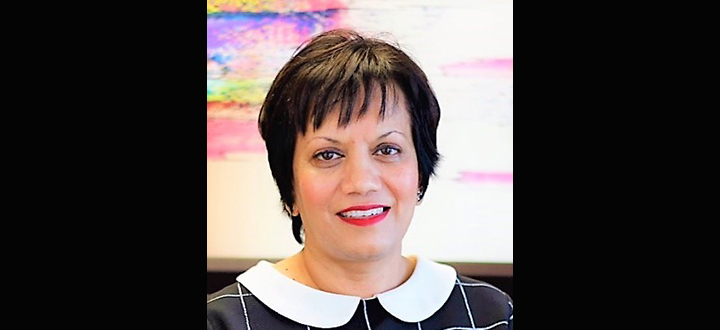 Artificial intelligence as an academic collaborator and challenger
Artificial intelligence as an academic collaborator and challenger
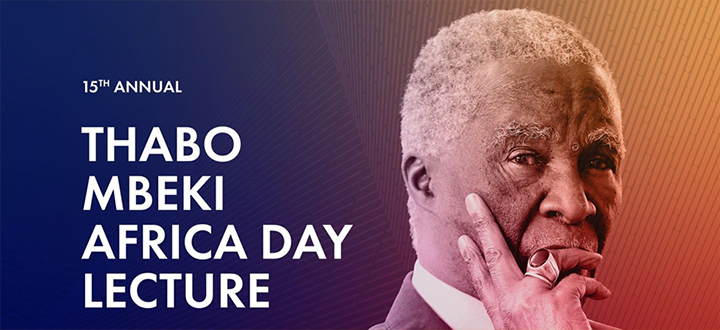 The 15th Annual Thabo Mbeki Africa Day Lecture to be held in Dar es Salaam, Tanzania
The 15th Annual Thabo Mbeki Africa Day Lecture to be held in Dar es Salaam, Tanzania